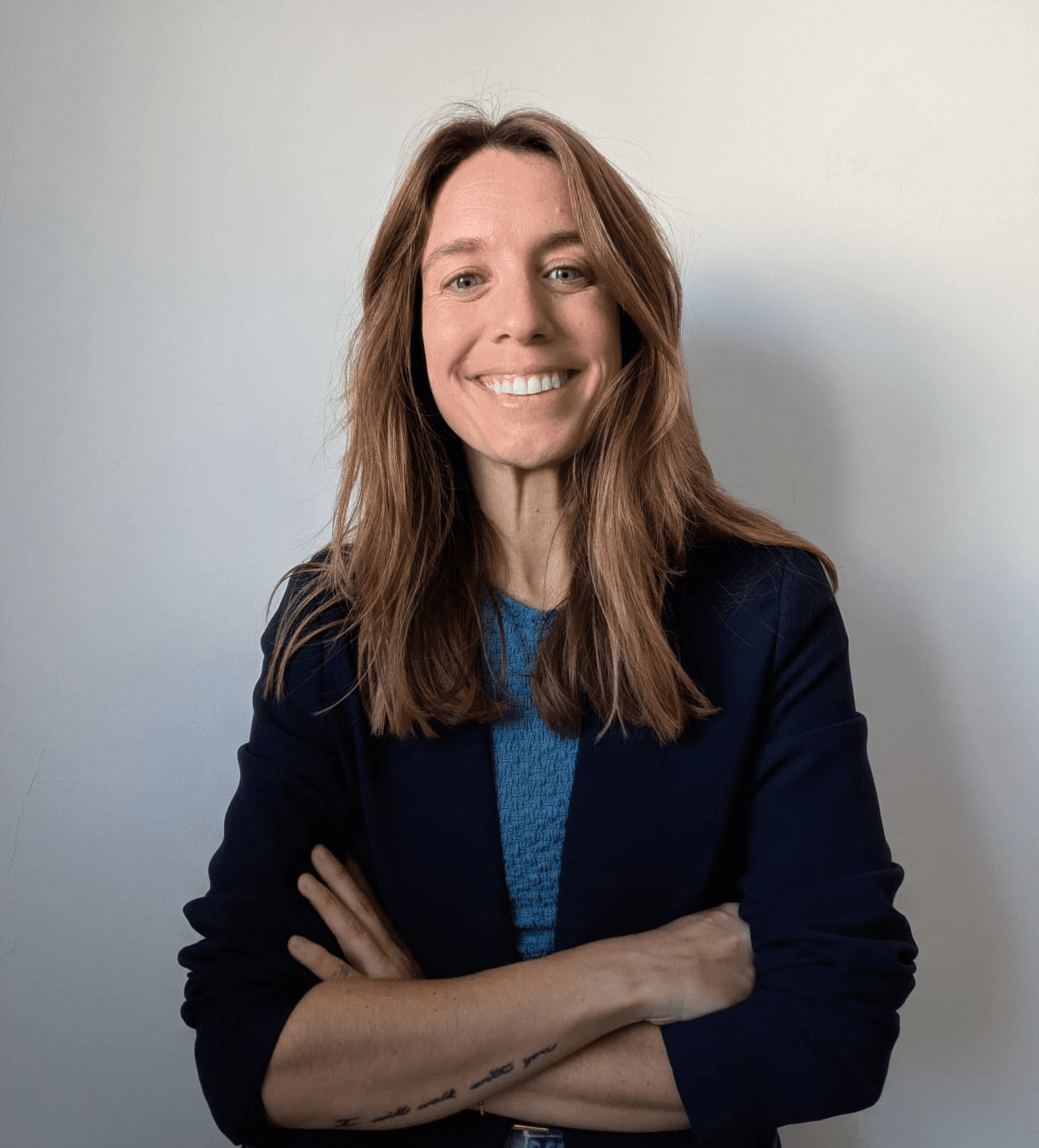Cristina Quintas Soriano
Principal Investigator
Cristina holds a PhD in Applied and Environmental Sciences (University of Almeria 2016) and currently is a Ramón y Cajal Researcher at the University of Almería. She has an environmental science background and has a master’s degree on Global Change monitoring and Assessment. Her research is focused on the analyses of complex social-ecological systems, specifically with an interest on how people relate and interact with nature. She leads different projects under the umbrella’s concept of biocultural diversity, exploring how culture and biodiversity are interlinkages and how cultural dimension can shape and drive sustainability. Additionally, she is interested in the incorporation of gender approaches in science, and is a member of FRACTAL, a collective of women researchers who develops participatory, transdisciplinary and feminist approaches to address sustainability problems.
At academic level, she developed her Ph.D. thesis in collaboration with the Social-Ecological Systems Laboratory at the Autonomous University of Madrid, and at the Centro Andaluz para el Cambio Global - Hermelindo Castro (ENGLOBA) at University of Almería (UAL). She has a wide and extensive international experience as a predoctoral researcher (e.g., visiting researcher at the Stockholm Resilience Center in Sweeden and she was awarded buy a predoctoral fellowship at the Ciudad de Panamá in Panamá). After finishing her Ph.D., she moved to the United States, as a postdoctoral researcher at Idaho State University (2016–18), and later to Germany as a postdoctoral researcher at the Chair of Social-Ecological Interactions in Agricultural Systems at Kassel University (2018-21). In 2020 she got a Postdoctoral Research Grant of Junta de Andalucía and move to the UAL; later in 2021, she was awarded by a Marie Curie Fellowship at the UAL, where she was the PI of the SCALABLE project on “Social-ecological pathways and gender perspectives for future conservation of biocultural mountain agro-ecosystems” (2021-23) and later she was awarded by an EMERGIA postdoctoral grant where she led the BioDIV project on “Fostering social-ecological resilience to preserve biocultural diversity in rural Spain” (2023-25).
Currently, she is a Ramón y Cajal Researcher and lead a research line focusing on Analysis of social-ecological systems and biocultural diversity. She is the PI of the EmBraCe project on “Evaluating biocultural diversity and social-ecological vulnerability for conserving rural areas in Spain”, funded by the Convocatoria de Generación de Conocimiento 2022. She also serves as an Associate Editor for Ecosystems & People and is an active member of the new Society for Social-Ecological Systems (SocSES).
Publications
An inverse reinforcement learning approach to model health-related information popularity on X (Twitter)
2025 – Computing
Where nature is not so green: exploring perceptions of urban nature in a semi-arid city
2025 – Urban Forestry & Urban Greening
Exploring biocultural diversity: A systematic analysis and refined classification to inform decisions on conservation and sustainability
2025 – Ambio
Communicating the interdependence of human, animal, and environmental health on X (formerly Twitter): Insights from the one health approach
2025 – iScience
Emotional attachment and philosophical worldviews explain human connectedness to nature in abandoned rural Spain
2024 – Sustainability Science
Impact of land transformation, management and governance on subjective wellbeing across social–ecological systems
2024 – Sustainability Science
Applying the Three Horizons approach in local and regional scenarios to support policy coherence in SDG implementation: Insights from arid Spain
2024 – Global Environmental Change
A methodological approach for integrating human emotions in protected areas management: Insights from SE Spain
2024 – Landscape and Urban Planning
Integrating perennial staple food crops in agroforestry systems: A case study of chestnut (Castanea sp.) in Germany
2024 – Trees, Forests and People
Análisis de la diversidad biocultural en la cuenca Mediterránea: una revisión sistemática de la literatura
2024 – Ecosistemas
Research Lines
Projects
Evaluating Biocultural Diversity and Socio-Ecological Vulnerability for the Conservation of Rural Areas in Spain (EmBraCe)
2023–2027 · Ongoing
Fostering social-ecological resilience to preserve biocultural diversity in rural Spain (BioDIV)
2023–2025 · Completed
Social-Ecological Pathways and Gender Perspectives for Future Conservation of Biocultural Mountain Agro-Ecosystems (SCALABLE)
2021–2023 · Completed
Reconciling Food Systems Sustainability and Biodiversity Conservation in Multifunctional Protected Areas
2025–2028 · Ongoing
Overcoming Barriers to Implementing an AI-Based Pest Early Warning Network in Greenhouses for Climate Change Adaptation
2024–2028 · Ongoing
Boosting Nexus Framework Implementation in the Mediterranean
2023–2025 · Completed
Science in Action: Intersecting Pathways to the SDGs across Scales in the Drylands (XPaths)
2021–2023 · Completed
Restore Desertified Areas with an Innovative Tree Growing Method Across the Mediterranean Border to Increase Resilience
2016–2020 · Completed
